Breaking newsMultidisciplinaryTop Articles
Breaking News: Spanish Guidelines now in EAN Guideline Reference Centre!
The Guidelines of the Spanish Neurological Society have been included in our Guideline Reference Centre. Take a look here ! You can filter by language and issuing body. We are currently working on including all national neurological guidelines from our member societies! We will keep you updated.

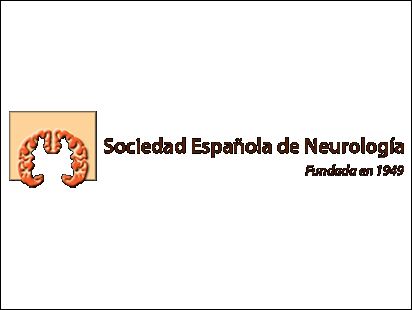
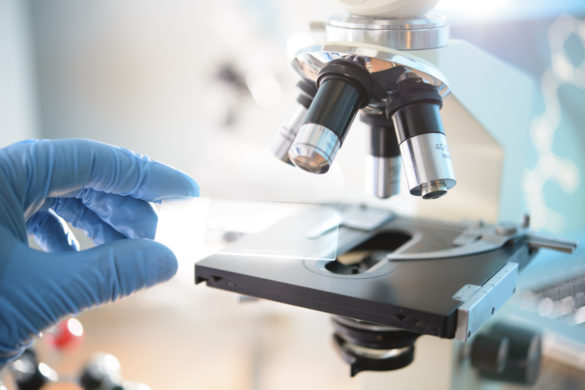
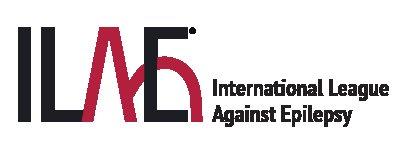
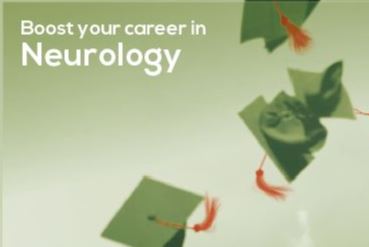
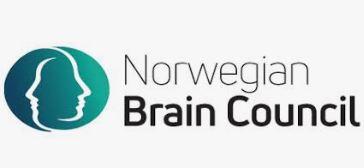
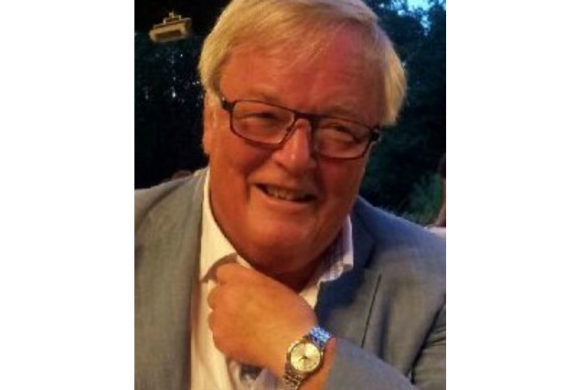

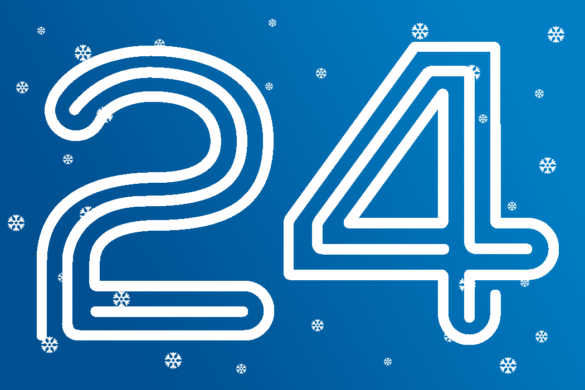
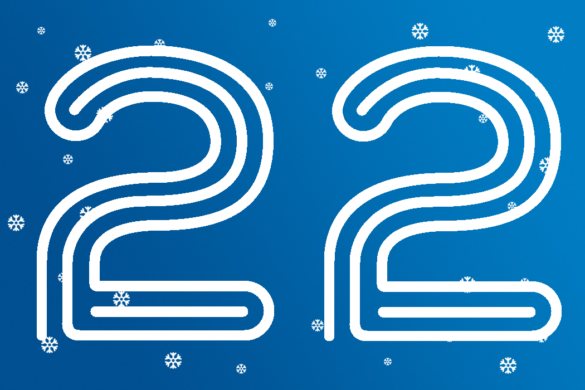
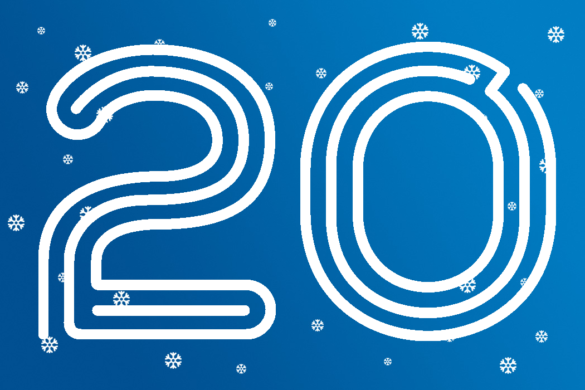
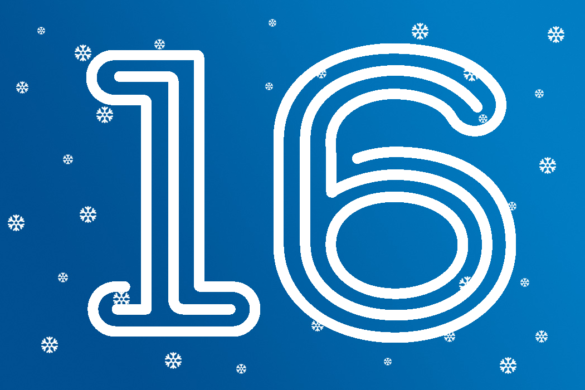

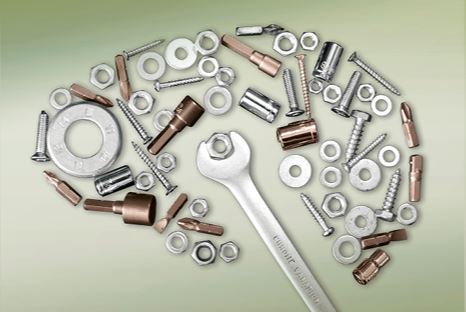
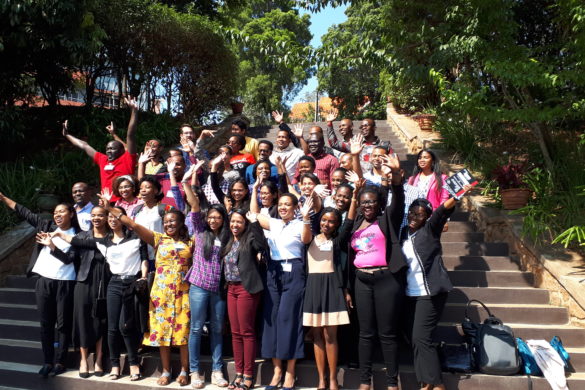
 The 10th Regional Teaching Course in sub-Saharan Africa took place in Antananarivo, Madagascar from October 24 through 27, 2018. The RTC was attended by 53 residents…
The 10th Regional Teaching Course in sub-Saharan Africa took place in Antananarivo, Madagascar from October 24 through 27, 2018. The RTC was attended by 53 residents… 